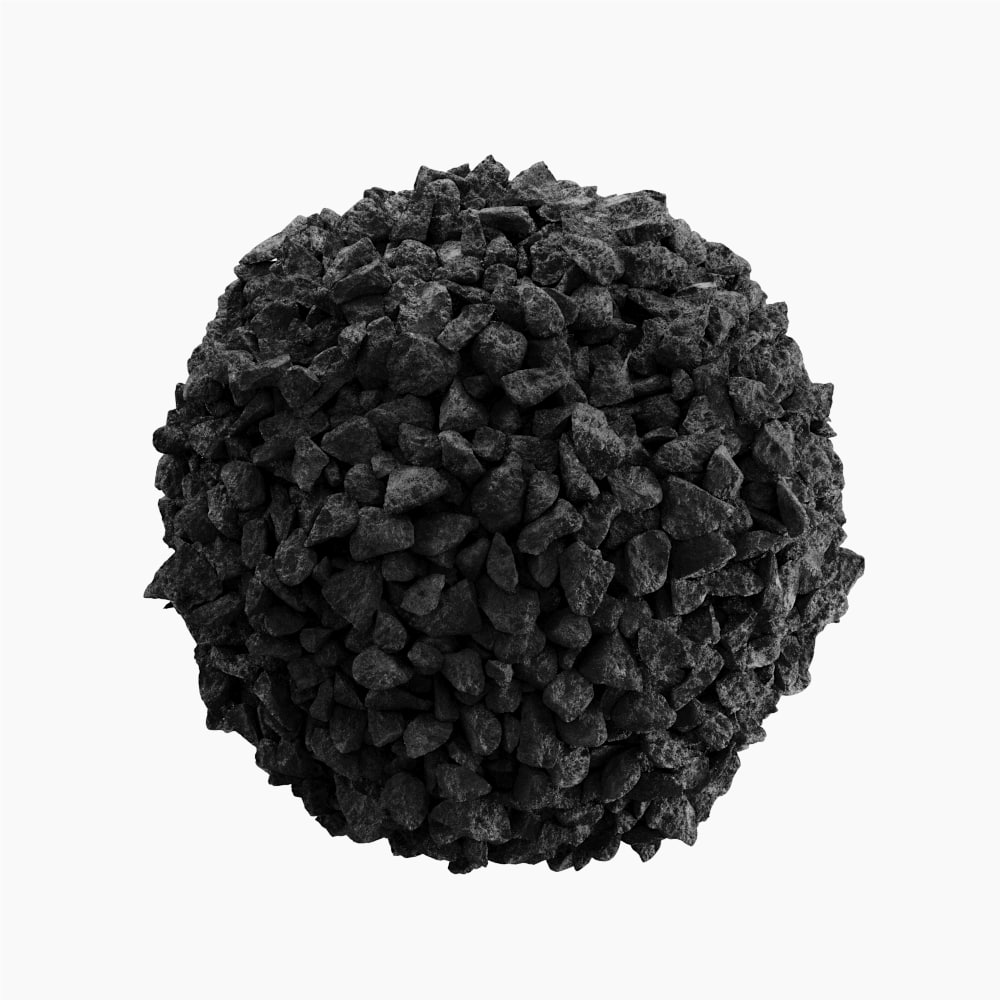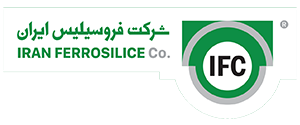
The History and Future Challenges of Calcined Petroleum Coke Production and Use in Aluminum Smelting
Calcined petroleum coke (CPC) is a critical raw material in the production of aluminum. Its history dates back to the early 20th century ...
 21/01/2023
21/01/2023 20 min
20 minHistory of Calcined Petroleum Coke Production and Use:
Calcined petroleum coke (CPC) is a critical raw material in the production of aluminum. Its history dates back to the early 20th century when the burgeoning aluminum industry required a reliable source of carbon to serve as a reducing agent in the smelting process. The need for a high-purity carbon source led to the development of CPC, derived from green petroleum coke (GPC) produced as a byproduct of oil refining.
The production of CPC involves the calcination process, where GPC is heated to high temperatures in rotary kilns or vertical shaft kilns. This process removes volatile matter, moisture, and impurities, resulting in a dense, carbon-rich product with low sulfur and metal content. The advent of CPC significantly improved the efficiency and quality of aluminum smelting by providing a consistent and high-quality carbon source, which enhanced the properties of the anodes used in the electrolysis process.
Over the decades, the demand for CPC has grown in parallel with the expansion of the aluminum industry. Major advancements in refining and calcination technologies have allowed producers to meet the increasing demand while maintaining high quality standards. Key regions of production have included North America, China, and the Middle East, where access to oil refineries and advanced calcination facilities has facilitated large-scale CPC production.

Future Challenges in CPC Production and Use:
Despite its established role in aluminum smelting, the production and use of CPC face several challenges moving forward. These challenges are driven by environmental concerns, resource availability, and evolving industry requirements.
- Environmental Regulations: Stricter environmental regulations aimed at reducing greenhouse gas emissions and air pollutants pose a significant challenge to CPC production. The calcination process is energy-intensive and generates CO2 emissions. Future regulations may require the industry to adopt cleaner technologies or carbon capture and storage (CCS) solutions to mitigate the environmental impact.
- Resource Availability: The availability of suitable GPC feedstock is a critical factor for CPC production. Changes in crude oil quality, shifts in refining processes, and fluctuations in the oil industry can impact the supply of high-quality GPC. Ensuring a consistent and adequate supply of GPC will be a crucial challenge for CPC producers.
- Technological Innovations: The aluminum industry is continually seeking ways to improve efficiency and reduce costs. Innovations in anode production, such as the development of more durable or alternative anode materials, could reduce the reliance on CPC. CPC producers must invest in research and development to enhance the quality and performance of their products to remain competitive.
- Sustainability Initiatives: The drive towards sustainability is reshaping industries worldwide. The aluminum industry, a significant consumer of CPC, is under pressure to adopt sustainable practices. CPC producers will need to align with these initiatives by improving the sustainability of their operations, such as reducing energy consumption, minimizing waste, and optimizing resource utilization.
- Market Dynamics: Global economic conditions, trade policies, and shifts in demand for aluminum can influence the CPC market. Producers must navigate these dynamics by diversifying their markets, enhancing supply chain resilience, and maintaining flexibility in production capacities.
Conclusion:
The production and use of calcined petroleum coke have a storied history, integral to the advancement of the aluminum industry. However, the future presents a series of challenges that will require innovative solutions and adaptations. By addressing environmental concerns, ensuring resource availability, embracing technological advancements, committing to sustainability, and navigating market dynamics, the CPC industry can continue to play a vital role in the aluminum smelting process and meet the evolving demands of the future.
For More Information Download and Read This PDF Book
Ferrosilicon and Silicon Technology
Khorshid Alyazh Tehran Co. is a distinguished supplier of ferroalloys and casting raw materials, specializing in the production and distribution of high-quality ferrosilicon and silicon products. Their advanced technological capabilities and commitment to excellence have positioned them as a key player in the metallurgical industry.

Khorshid Alayazh Tehran Co., is the official representative of Iran Ferosilis Co.
This company is the official representative of Iran Ferosilis Co. and provides the products required by various industries by taking ...
